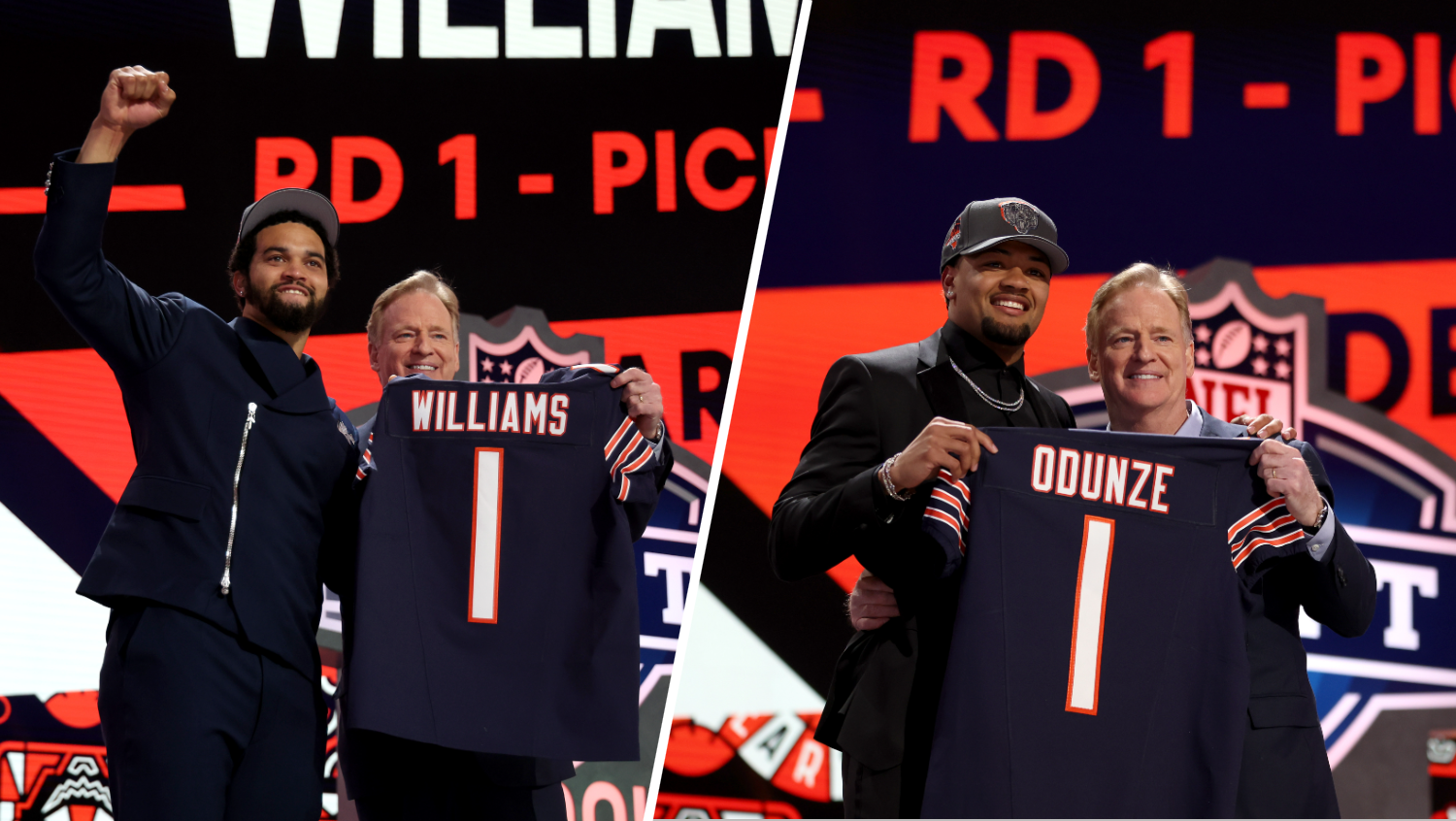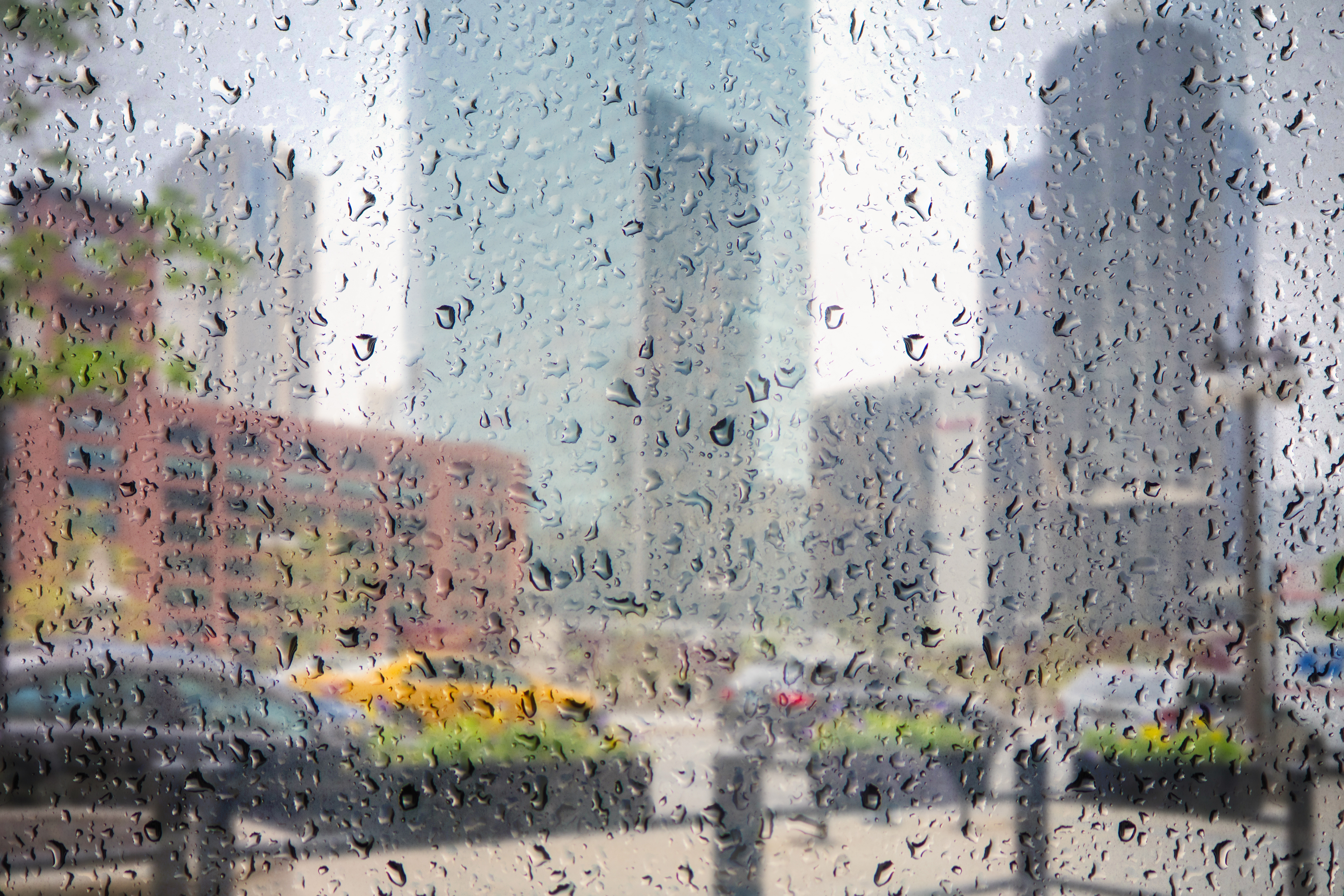It may not seem like it now, but news that grocery chain Dominick's is closing all of its Chicago-area stores and cutting nearly 6,000 jobs could also end up threatening one or two City Council member’s jobs come 2015.
That’s because, in the rough and tumble world of aldermanic elections, few signs are more visible—or more damaging to an alderman’s reputation—than a hulking, abandoned storefront on a major commercial district surrounded by a sea of empty parking spaces.
Yet if many or all of the shuttered Dominick’s city locations don't find a buyer during the next six or twelve months, aldermen with a ward that encompass a closed location can expect to be hit hard for their failure to reopen the closed stores.
Of course, every alderman worth his or her salt who has a Dominick’s on the chopping block in their ward is scrambling like crazy right now to talk to prospective buyers, marshal city resources and reach out to voters to inform them of their efforts.
Despite the fact that only four of the 72 Dominick's stores in Illinois—and only two of them in the city—have been sold to Jewel-Osco, it’s very likely that others will also be sold as well. Buyers as diverse as Roundy’s, which owns the rapidly expanding Mariano’s chain, California-based Trader Joe’s, Kroger Inc. of Cincinnati and Highland, Ind.-based Strack & Van Til are reportedly interested in some of the locations.
But the truth is, it’s very likely that at least some of the closed locations will remain padlocked well into the 2014 election season and up to the 2015 election itself. Larger grocery stores are tough to resell or repurpose, and many of the potential buyers in the mix are more likely to build from scratch than take over a closed location in any expansion plans.
As well, the Chicago grocery market is beginning to be oversaturated—as proven by Dominick’s parent, Safeway's, decision to leave the market—despite the fact that closing a number of Dominick’s stores is likely to create “food deserts” in certain Chicago neighborhoods.
Local
Chicago politics can be a damn unfair and unforgiving game, especially at the level of aldermanic campaigns. On the street, at campaign fundraisers and on the front of mailers and campaign literature, any aldermanic challenger that’s running a real campaign would be a fool not to hit an incumbent for such a visible symbol of economic malaise as a sad and shuttered grocery store.
And, in a close race, with a vulnerable incumbent, a credible challenger and good enough messaging, an empty Dominick's with no sign of opening anytime soon could be just the thing to help tip a race. Or at least make it harder for an incumbent to hang on.
Even if it’s something that, in the end, the alderman has very little real control over.



